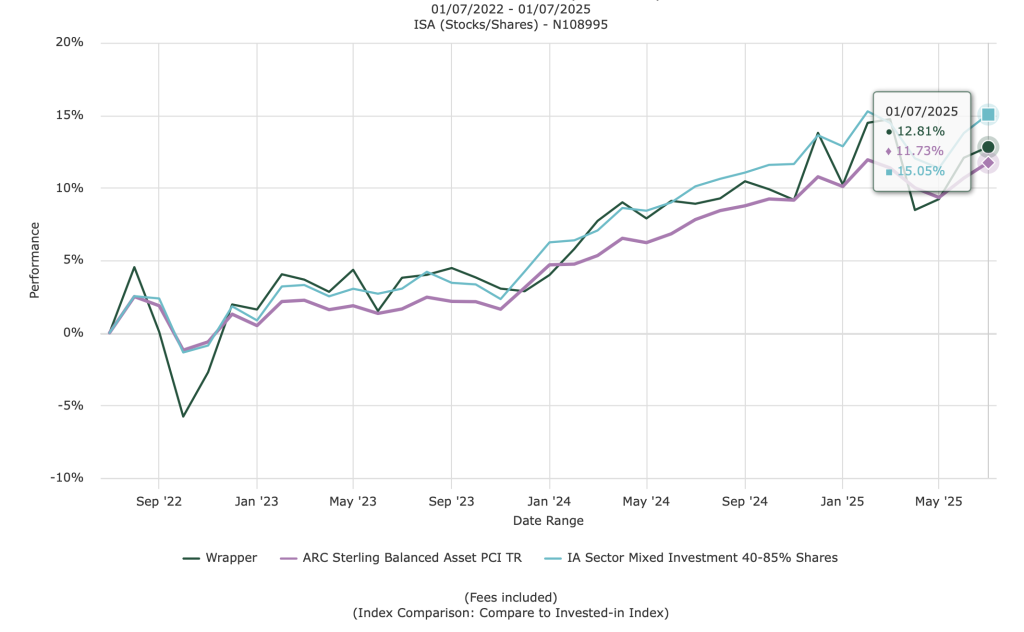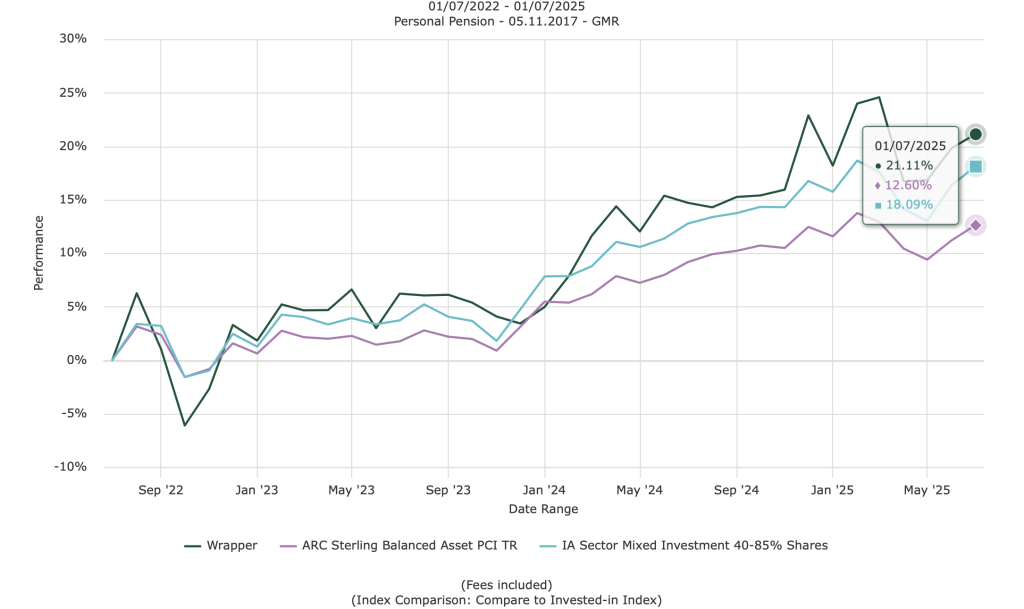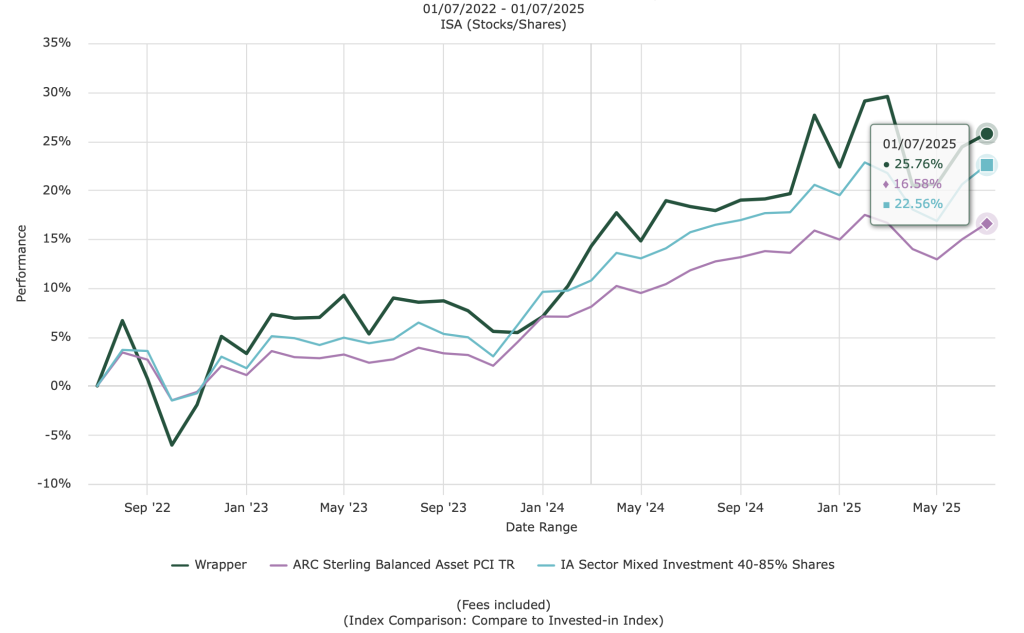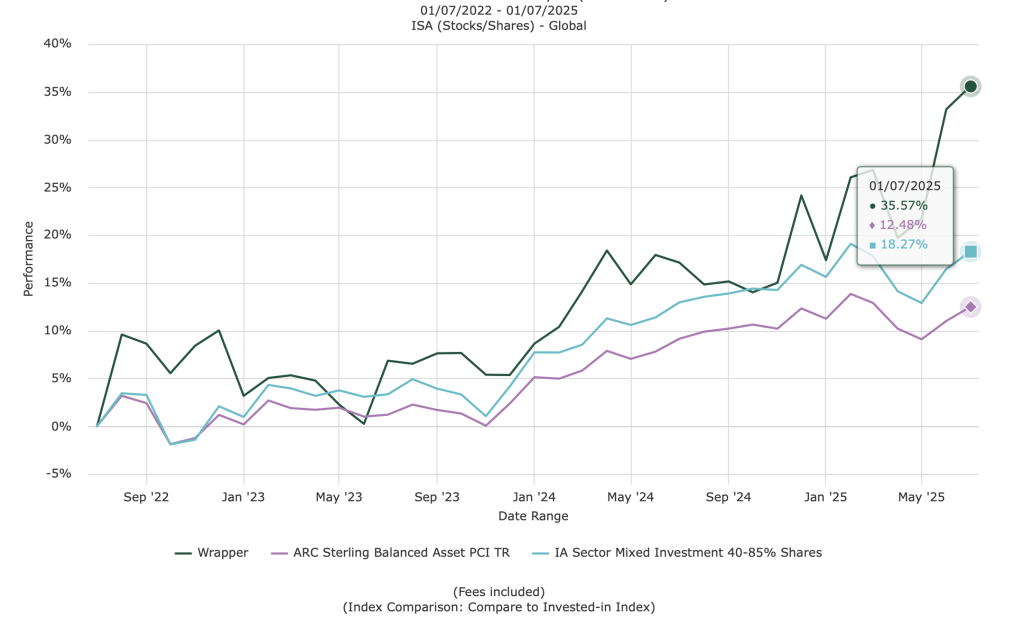Next year on March 6th Melissa will have been a member of our team for 20 years. Astonishing isn’t it. Back in 2006 when she joined as an administrative assistant on £16,000 a year, the business and indeed the profession looked very different. Insurance companies and fund management companies ruled the roost. Her full time job was obtaining information on behalf of clients from companies, who were steadily slashing resources and cutting service standards.
Today that industry stranglehold has gone, platforms deliver accurate data over the internet in seconds, that used to take 5 – 10 working days to secure. Often the information was incorrect and required a follow-up question and answers cycle. If your position today is simply getting information over the phone or via the post your job has now disappeared.
Melissa saw that evolution was necessary and set out to up-skill for a very different future. She started her studies and steadily accumulated enough examination passes to equal those of the average financial adviser in the UK. A level 4 qualification, equivalent to passing the first year of a university degree. This level of qualification is enough for most in the profession, but not for Melissa. She continued her studies.
Continue reading “Congratulations Melissa!”





